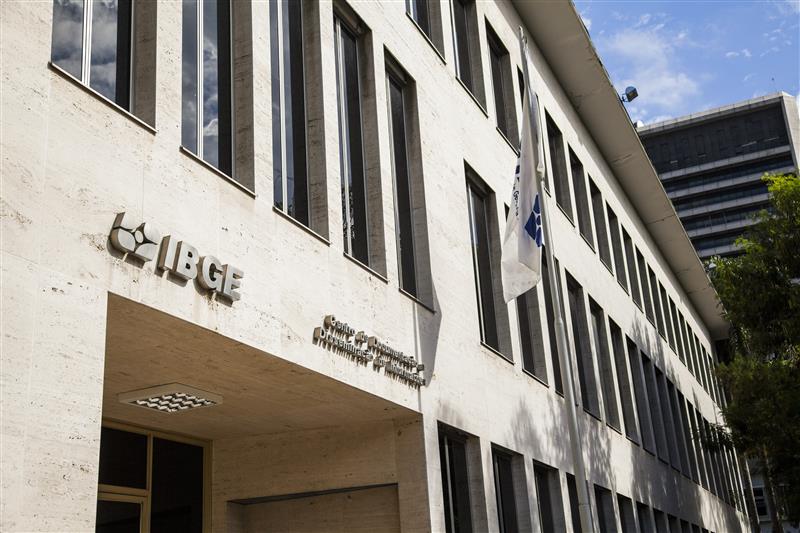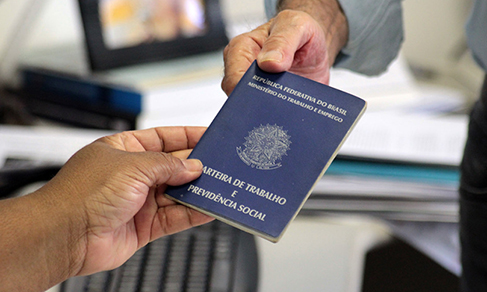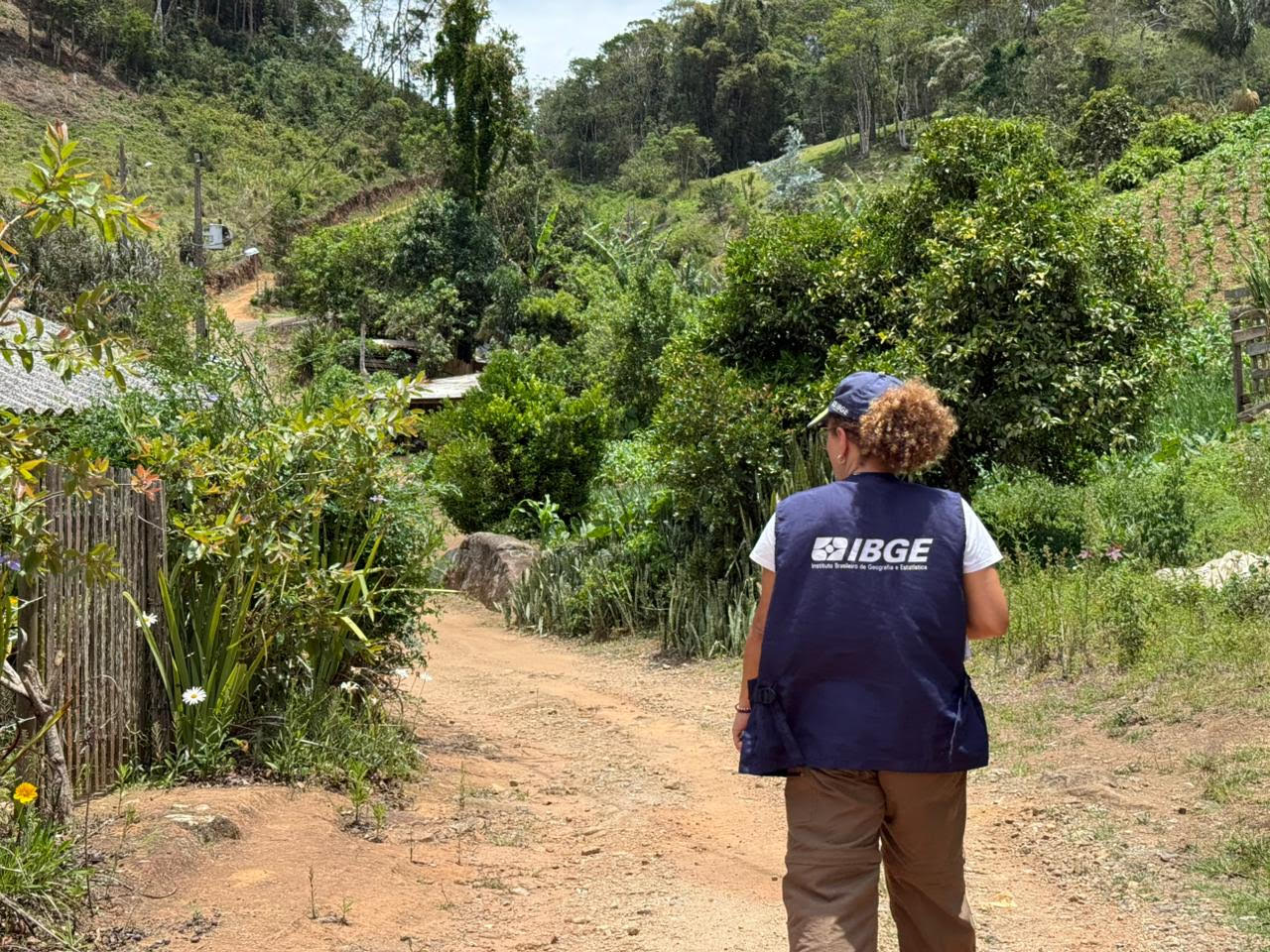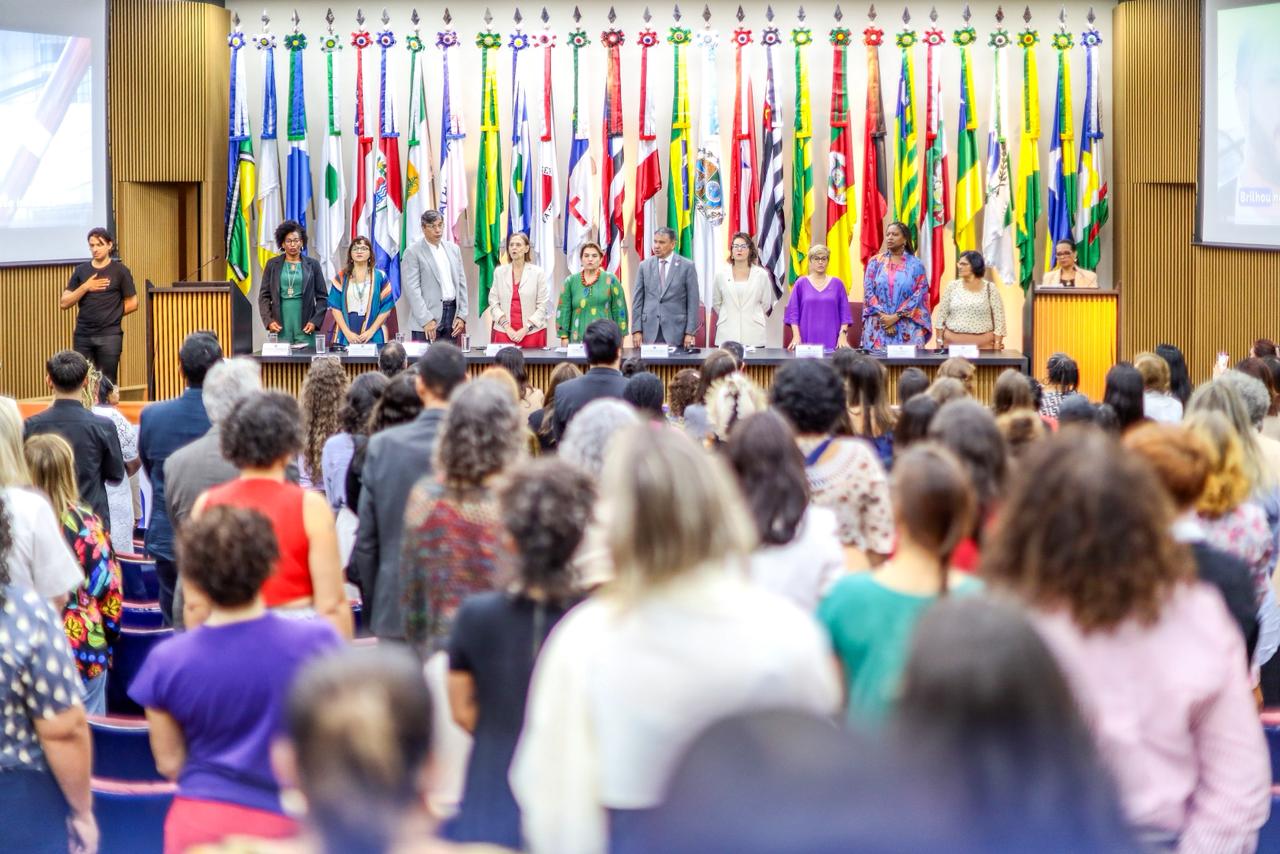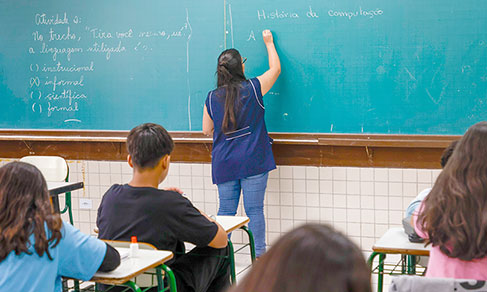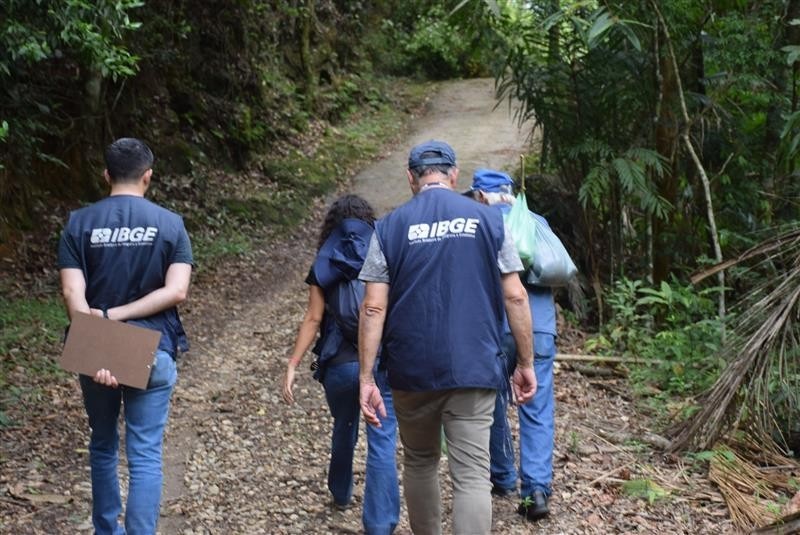New survey
PNDS goes into the field to collect information on demography, reproductive health and child nutrition
October 09, 2023 10h00 AM | Last Updated: October 11, 2023 02h07 AM
Highlights
- The National Survey of Demography and Health (PNDS) 2023 will be conducted by the IBGE in partnership with the Primary Health Care Secretariat (SAPS), within the Ministry of Health.
- In the next four months, data collection agents will be visiting approximately 133 thousand housing units distributed among more than 2,500 municipalities.
- PNDS 2023 will present data on demography and health, with a focus on data on women’s reproductive health and on child nutrition.
- There will also be a question on gender and sexual orientation of the interviewee aged 18 and over.
- In order to guarantee that the informants feel comfortable when answering questions on the survey topics, female data collection agents will interview women and male ones will interview men.
- PNDS has been conceived after the Demographic and Health Surveys (DHS), a survey conducted in more than 90 countries.
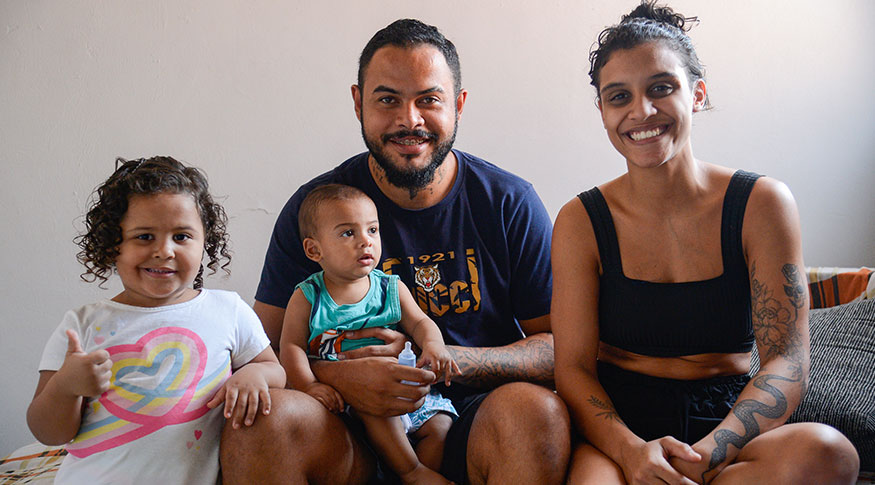
Today (Oct 09th), the IBGE has started data collection for the National Survey of Demography and Health (PNDS) 2023, conducted in partnership with the Primary Health Care Secretariat (SAPS), within the Ministry of Health. In the next four months, data collection agents will be visiting approximately 133 thousand housing units, distributed among more than 2,500 municipalities all over the country.
Besides investigating the general characteristics of residents and housing units – such as education, labor and income –, PNDS 2023 encompasses questions on the evaluation of health conditions and level of satisfaction with healthcare services; family life situations, such as unions, reproductive planning, children, pre-natal care, knowledge of contraceptive methods, among others; child health and nutrition for those aged up to five; and issues in the individual lives of men and women. Furthermore, for the first time, the IBGE will ask both the sexual orientation and the gender identity of Brazilians.
Methodological innovations
PNDS presents some methodological innovations. After the opening of a municipality and identification of residents, in case there are persons at reproductive age (men 15 to 59 and women 15 to 49 years of age), the data collection device will automatically and randomly select o one or two residents to answer specific individual questions. In case there are no residents at reproductive age, the interview is finished. The selection of informants is important for this person will be responsible for providing information on their health, knowledge and choices.
In addition to that, PNDS adopts a data collection format in which the interview of a woman is conducted by a female agent, and the interview of a man, by a male one. This methodological choice is intended to guarantee that informants feel more comfortable When answering questions about the many topics in the survey.
PNDS and other surveys on health conducted by the IBGE
Some of the topics in PNDS 2023 have been previously investigated in Other surveys of health conducted by the IBGE, such as the National Survey of Health (PNS), the National Survey of School Health (PeNSE), the Consumer Expenditure Survey (POF) and thematic modules of the Continuous National Household Sample Survey (Continuous PNAD).
With a more detailed approach, diverse themes and a specific methodological design, PNDS 2023 represents an advance both in terms of IBGE surveys and in relation to previous editions of this survey not conducted by the IBGE. It is worthy of mention that the PNDS is a sample household survey, that is, it interviews only the housing units selected by statistical means to represent the country.
In the interview with selected residents, health is a topic that departs from the perception of informants about their physical and mental health, the Search for services in basic healthcare units and, in case this service is chosen, the evaluation of the treatment received.
Fertility is a topic based on the registry of information about all the children of men and women. As for contraception, the survey investigates knowledge of the many types of contraceptive methods, as well as the decision of using them and forms of obtention. PNDS also approaches men and women’s future intentions of having children, and also additional information regarding reproductive planning.
There is a specific module to deal with prenatal care and delivery services for women, so as to identify if prenatal protocols are being followed, if the woman is having a high-risk pregnancy, her initial wish about the type of delivery and which method was adopted in the end, and so on the prenatal topic is also part of men's interviews, since they are asked about their participation and its extent, for example, if they watched childbirth.
The health of children aged up to 5 years of age is a highlight in PNDS. Data are presented on feeding, use of screens, activities for child development and the regular occurrence of childhood diseases (fever, cough, diarrhea , severe respiratory infections). For children aged up to 3, data encompass neonatal tests (heel prick test, baby hearing tests, red reflex test, heart test), besides a vaccination record.
At last, for the first time, the IBGE will ask about residents' sexual orientation and gender identity, for those aged 18 and over. That is a demand fom civil society and the IBGE confirms the importance of these issues.
Survey is conducted by the IBGE
The IBGE's experience in household surveys and its capacity of interaction is considered, by the Ministry of Health, an advantage in the conduction of PNDS 2023. “Vonsidering data from PNDS, the Ministry of Health can think and rethink about health planning, after a long period without consistent data collection about the topic approached in the survey, including previously unseen data. It is very important to have institutional data in order to elaborate public policies” – says Jessyka Barbosa, assistant to the Primary Health Care Secretariat (SAPS) within the Ministry of Health.
IBGE's expertise is a relevant aspect in the consuction of PNDS also according to Marcia Vargas, Manager of Household Sample Surveys, “The IBGE is present in every Federation Unit and has gathered a lot of lnowledge in correct and accurate data collection, with household surveys and representative samples from the country.”
More about the survey
This is the fourth round of the survey in Brazil, after national Editions were released in 1986, 1996 and 2006. Nevertheless, there are no comparable data between the Editions, since this is the first time the survey is conducted by the IBGE, and it is part of the Institute’s Integrated System of Household Surveys.
The Brazilian survey was established in the 8th round of the Demographic and Health Surveys (DHS) Program, an investigation implemented by the United States Agency for International Development (USAID) in 1984 and, since them, it has been conducted in 90 developing countries.
The first results are expected to be released in the last quarter of 2024. Data must be presented for the country, Federation Units, metropolitan areas and capitals.
Identification of the interviewer
The IBGE interviewers will be carrying a badge and a data collection device. You can check the agent’s identity at the site Answering the IBGE website or at the toll free number 0800 721 8181. For confirmation, the user must enter the interviewer’s name, professional registry or CPF (identification) number.









